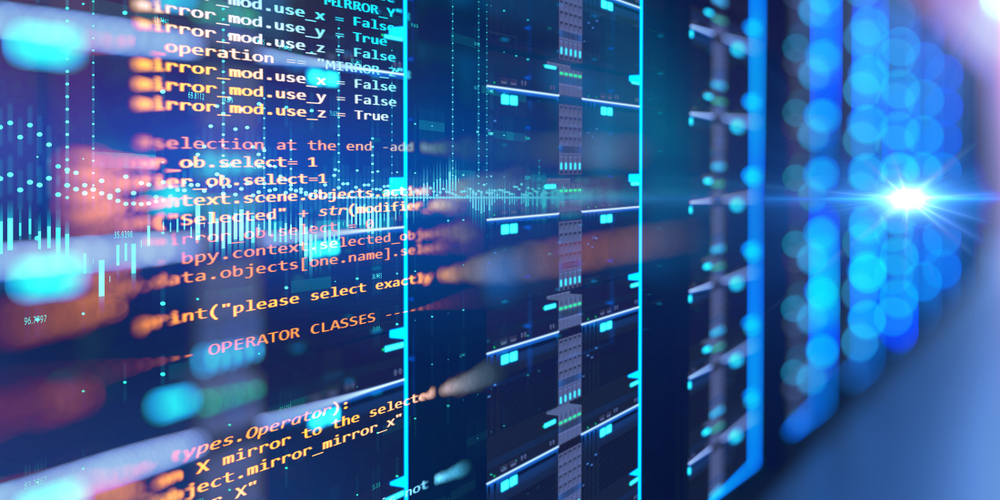When faced with the "exceptional product of human genius" which is artificial intelligence, Pope Leo XIV warns it raises pressing questions, must never forget human dignity, and cannot interfere with the proper human and neurological development of young people and children.
By Deborah Castellano Lubov
"AI, especially Generative AI, has opened new horizons on many different levels, including enhancing research in healthcare and scientific discovery, but also raises troubling questions on its possible repercussions on humanity’s openness to truth and beauty, on our distinctive ability to grasp and process reality. "
Pope Leo XIV made this observation in his message to the Second Annual Rome Conference on Artificial Intelligence which was published on Friday, noting their presence "attests to the urgent need for serious reflection and ongoing discussion on the inherently ethical dimension of AI, as well as its responsible governance," and expressing he was pleased that the second day of the Conference takes place in the Apostolic Palace "a clear indication of the Church’s desire to participate in these discussions that directly affect the present and future of our human family."
"Together with its extraordinary potential to benefit the human family, the rapid development of AI, the Pope warned, "also raises deeper questions" concerning the proper use of such technology in generating a more authentically just and human global society.
Exceptional product of human genius, but remains a tool
While AI is "undoubtedly an exceptional product of human genius," he underscored, as Pope Francis did in the past, that AI, is, “above all else, 'a tool.'”
Acknowledging and respecting what is uniquely characteristic of the human person is essential to the discussion of any adequate ethical framework for the governance of AI.
"All of us, I am sure, are concerned for children and young people, and the possible consequences of the use of AI on their intellectual and neurological development."
“All of us, I am sure, are concerned for children and young people, and the possible consequences of the use of AI on their intellectual and neurological development.”
"Our youth," he insisted, "must be helped, and not hindered, in their journey towards maturity and true responsibility," underscoring they "are our hope for the future."
"Society’s well-being," he also underscored, "depends upon their being given the ability to develop their God-given gifts and capabilities, and to respond to the demands of the times and the needs of others with a free and generous spirit."
No matter how extensive, must not be confused with intelligence
No generation, the Holy Father acknowledged, has ever had such quick access to the amount of information now available through AI. "But again, access to data — however extensive, must not be confused with intelligence, which necessarily “involves the person’s openness to the ultimate questions of life and reflects an orientation toward the True and the Good.”
While AI has been used in positive and indeed noble ways to promote greater equality, he recognized, Pope Leo still warned of "the possibility of its misuse for selfish gain at the expense of others, or worse, to foment conflict and aggression."
Weighing ramifications of AI
For its part, he said, the Church wishes to contribute to a serene and informed discussion of these pressing questions by stressing above all the need to weigh the ramifications of AI in light of the “integral development of the human person and society.”
"This entails," the Pope stressed, "taking into account the well-being of the human person not only materially, but also intellectually and spiritually. It means safeguarding the inviolable dignity of each human person and respecting the cultural and spiritual riches and diversity of the world’s peoples."
"Ultimately, the benefits or risks of AI must be evaluated precisely according to this superior ethical criterion," he said, warning against societies today experiencing a certain "loss" or "at least an eclipse" of what is human, and saying this "challenges all of us to reflect more deeply on the true nature and uniqueness of our shared human dignity."
Youth must be helped, not hindered by AI
In the end, the Pope highlighted that "authentic wisdom has more to do with recognizing the true meaning of life, than with the availability of data."
In this light, the Holy Father expressed his hope that their deliberations "will also consider AI within the context of the necessary intergenerational apprenticeship that will enable young people to integrate truth into their moral and spiritual life, thus informing their mature decisions and opening the path towards a world of greater solidarity and unity."
Finally, Pope Leo concluded, "The task set before you is not easy, but it is one of vital importance."
Thank you for reading our article. You can keep up-to-date by subscribing to our daily newsletter. Just click here




![The brains that built the Pixel camera just launched 'Project Indigo,' not on Android yet [Gallery]](https://i0.wp.com/9to5google.com/wp-content/uploads/sites/4/2025/06/project-indigo-adobe-1.jpg?resize=1200%2C628&quality=82&strip=all&ssl=1)




 English (US) ·
English (US) ·